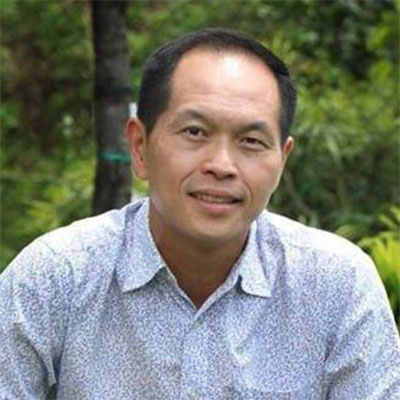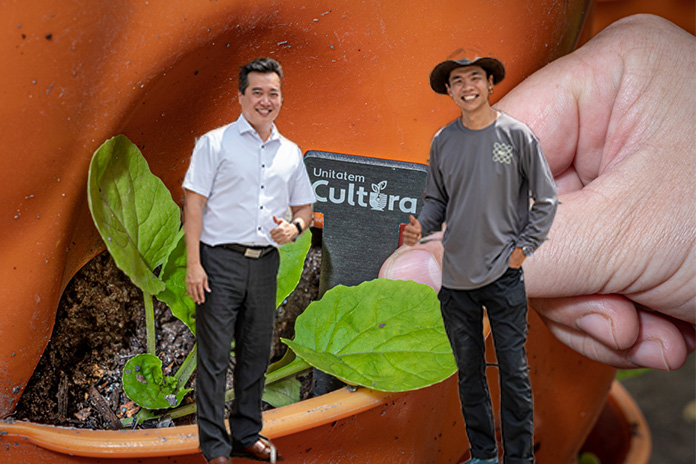BEING small has its challenges. It sometimes means having to make decisions that will result in depending on others for crucial support.
Singapore’s leaders have long bemoaned Singapore’s vulnerability on a number of fronts. The size of the island limits its potential for self-sufficiency. There’s not enough space to grow our own food sources. Decisions on land use are often at the expense of other opportunities.
We don’t have enough water to fulfil the needs of a growing population, so we struck a deal with Malaysia.
We moved our farms out in favour of clean industries, and had to rely on importing most of our food requirements.
Labour shortages as a result of slowing population growth and an ageing society meant Singapore had to import talent.
When things work smoothly, it’s possible to continue with these symbiotic relationships. But, as the recent pandemic showed, when the whole world is hit, we can be left quite exposed.
We got through the pandemic, but there were some difficult moments as the regular flow of resources was hit by supply chain snafus and shortages. While the after effects are still being felt, we seem to be unravelling the kinks.
But one should never be lulled into a false sense of complacency.
In 2019, Singapore introduced its “30 by 30” vision; 30% of Singapore’s nutritional needs will be produced locally by 2030.
Singapore imports 90% of its food supply. In 8 years, can we reduce it enough to satisfy this requirement?
Panellists at the WED WEB CHAT — Who Will Feed Singapore? on 3 Aug from 12:45-1:30pm (SGT) will discuss this important issue.
Register for the discussion via this link: https://zurl.co/jpLm
Food For Thought
On the panel are: Kenny Eng, Director and Principal consultant of Gardenasia and the founder of The Local Farm; Nicholas Goh, aka Farmer Nick of Nature’s International Commodity; and Tan Chong Hui, co-founder of JAH Tech.

Kenny operates a farm-to-table bistro, offers ready-to-eat and ready-to-cook products by The Local Farm and organises farmers’ markets along Neo Tiew Crescent.
He acknowledges that food security is a complex issue, but counters that “food is not”.
His basic premise is: No farmers, no food.
Tan Chong Hui’s interest in deep tech has yielded several products, but one that is relevant to the the discussion on food is a material that improves seed and plant yield without the need for extra electricity or water. JAH Cultura has a proprietary ceramic-alloy that is the result of 20 years of research and emits a unique field, Unitatem CULTURA, that enhances growth properties in plants.
“JAHCultura was set up to steer the results of years of deep tech research towards generating new technologies, advanced processes and products that will improve and increase food production in an environmentally sustainable manner, with minimum to zero power and energy consumption,” Chong Hui, a software engineer, explains.

One of JAH Tech’s customers is Nicholas Goh, who has been farming for more than a decade. He has an urban farm in Tampines and aims to improve food security in practical and innovative ways. Using localised community rooftop farms, Nature’s International Commodity aims to sell farmed produce and educate and raise awareness of farming within the community.
Nicholas maintains that in an ever-changing landscape, the food strategy has to change. “Not just the methods of food production but the business model of the industry, which includes manpower, sales channels and integration of technologies.”
Join the conversation on 3 Aug from 12:45-1:30pm (SGT). Register for the session via this link: https://zurl.co/jpLm




















